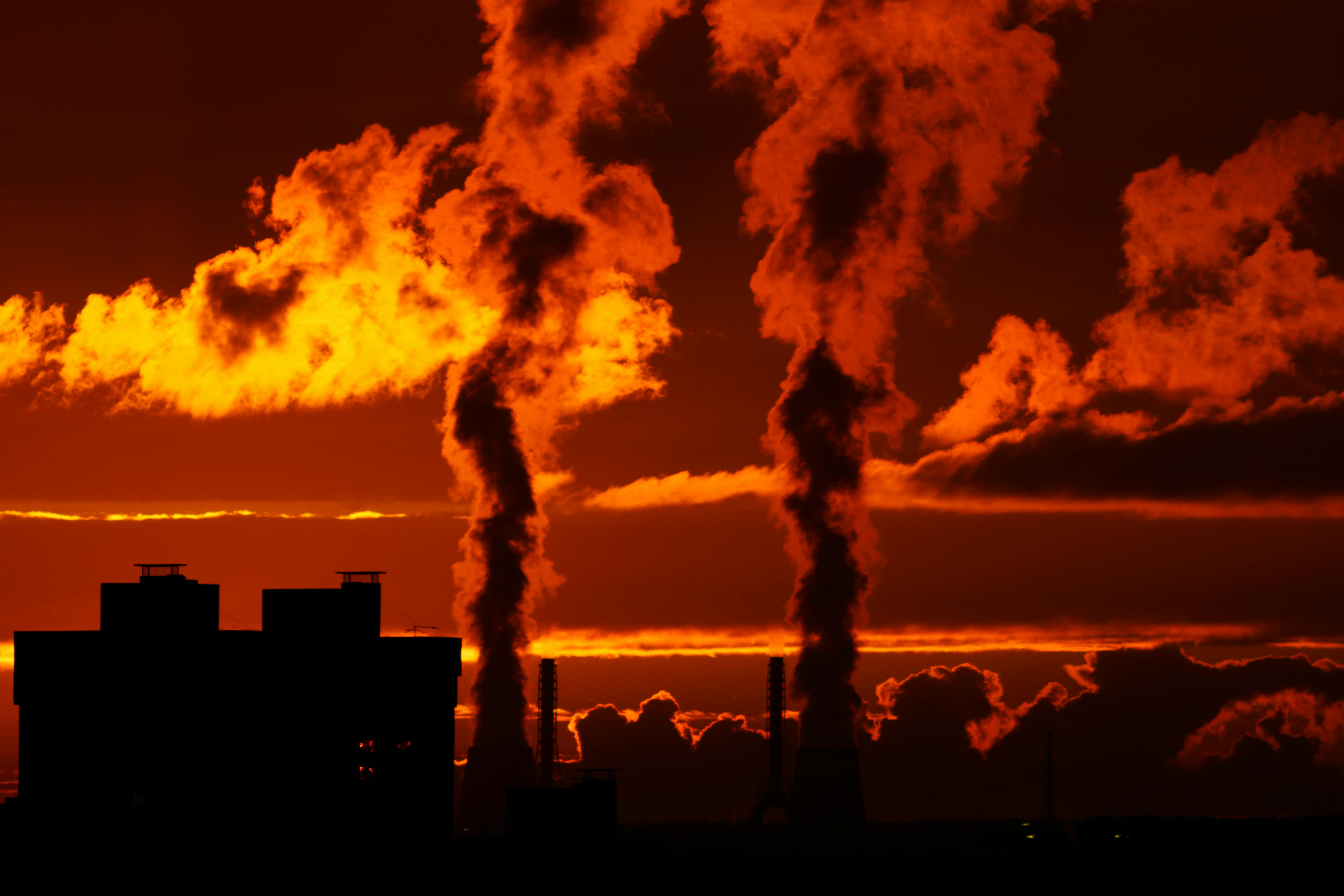Rising Fossil Fuel Demand Drives Record High Energy Emissions

A recent report reveals a concerning trend: energy emissions have surged to record levels, primarily driven by rising demand for fossil fuels. Despite significant advancements in renewable energy generation, the transition to clean energy remains sluggish. This article explores the factors contributing to this trend and its implications for global climate efforts.
Emissions at Record Levels
Latest Emissions Data: Energy emissions have reached unprecedented heights, according to the latest data. The report indicates that global carbon dioxide emissions from energy consumption have surpassed previous records, underscoring a growing reliance on fossil fuels. Compared to previous years, the increase is stark, highlighting a persistent challenge in curbing emissions despite international efforts.
Contributing Factors: Several factors contribute to the rising demand for fossil fuels. Economic growth and industrial expansion, particularly in emerging markets, have driven up energy consumption. Additionally, the global economic recovery post-pandemic has intensified energy use across various sectors, from transportation to manufacturing. This resurgence in activity has bolstered fossil fuel demand, resulting in higher emissions.
Renewable Energy Progress
Growth in Renewables: Renewable energy sources such as wind, solar, and hydro have seen significant growth in recent years. Statistics show a substantial increase in the generation capacity of these clean energy technologies. For instance, solar power installations have surged globally, and wind energy capacity has expanded in many regions. These advancements are crucial for diversifying the energy mix and reducing dependence on fossil fuels.
Limitations: Despite the impressive growth, the increase in renewable energy has not been sufficient to offset fossil fuel emissions. One major challenge is the scalability of renewable technologies. While renewables are expanding, their share in the overall energy mix remains limited compared to fossil fuels. Furthermore, intermittent supply and storage issues pose significant barriers, limiting the impact of renewables on reducing total emissions.
Challenges in Transition
Economic Factors: Economic growth, especially in developing economies, continues to drive fossil fuel consumption. Industrial activities and urbanization require substantial energy inputs, often sourced from coal, oil, and natural gas. The global economic recovery has further intensified these demands, as industries ramp up production and transportation networks resume full operation.
Technological Barriers: Technological limitations hinder the broader adoption of renewable energy. Energy storage solutions, essential for managing the intermittent nature of renewables, are still developing. Grid integration remains a challenge, as existing infrastructure is often ill-equipped to handle variable renewable energy inputs. Ongoing research and innovation are crucial to overcoming these barriers and enhancing the efficiency and reliability of renewable technologies.
Policy and Market Barriers: Policy and regulatory barriers also slow the transition to clean energy. In many regions, subsidies and regulatory frameworks favor fossil fuel industries, creating an uneven playing field for renewables. Additionally, market dynamics such as energy prices and investment trends can influence the competitiveness of clean energy technologies. Policymakers must address these issues to foster a more conducive environment for renewable energy adoption.
Climate Implications
Global Warming: The record high emissions significantly contribute to global warming and climate change. Increased greenhouse gas concentrations in the atmosphere exacerbate extreme weather events, sea-level rise, and ecological disruptions. The scientific consensus is clear: reducing emissions is imperative to mitigate the most severe impacts of climate change.
International Climate Goals: Rising emissions pose a substantial challenge to achieving international climate goals, including the Paris Agreement targets. The agreement aims to limit global warming to well below 2 degrees Celsius above pre-industrial levels. However, the current trajectory of emissions jeopardizes these targets, potentially leading to more severe climate consequences. Failure to meet these goals could result in widespread environmental, economic, and social impacts.
Conclusion
The surge in energy emissions highlights the urgent need for accelerated efforts to transition to clean energy. Overcoming economic, technological, policy, and market barriers is essential to reduce dependence on fossil fuels and mitigate climate change. Addressing these challenges requires coordinated action from governments, businesses, and consumers to foster a sustainable and resilient energy future. The record high emissions serve as a stark reminder of the work that lies ahead in achieving global climate goals.
Author: Brett Hurll
Copper's Comeback: Inside BHP And Lundin's Argentine Asset Acquisition
Copper, often dubbed "the metal of electrification," is experiencing a resurgence in demand due to its critical role in ... Read more
Revitalizing Commodities: How Clean Energy Is Breathing New Life Into A Stagnant Market
The commodities market, traditionally a cornerstone of investment portfolios, has experienced a decade of stagnation. Ho... Read more
European Airports Disrupted By Escalating Climate Protests
Climate activists have escalated their protests at European airports, blocking runways and causing flight disruptions in... Read more
Hungary's Russian Oil Dilemma: Why Brussels Is Cautious In Offering Support
Hungary's reliance on Russian oil has led it to seek support from Brussels to ensure continued access to this crucial en... Read more
Unveiling China's Secret Commodity Stockpiles: What Lies Ahead?
Xi Jinping's extensive reserves of grain, natural gas, and oil hint at future challenges.In a move shrouded in secrecy, ... Read more
Copper Miners Brace For Industry Overhaul As End Users Seek Direct Deals
The copper mining industry is bracing for a significant overhaul as end users, including cable manufacturers and car com... Read more

